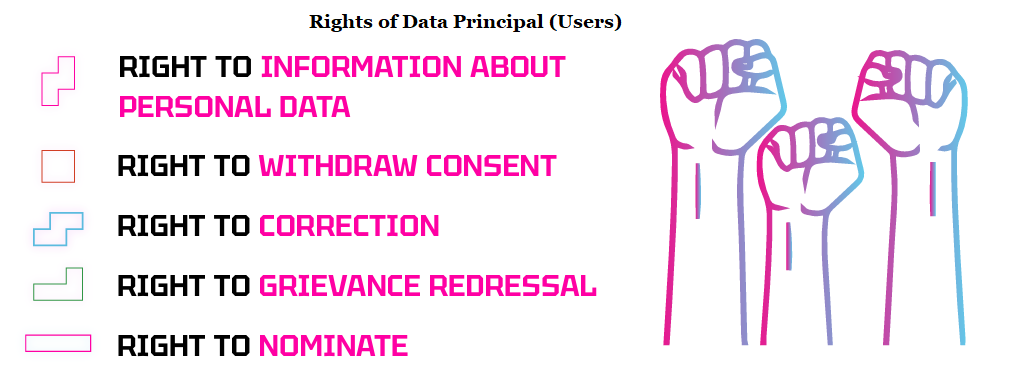7667766266
enquiry@shankarias.in
Recently the Union government notified the draft rules on Digital Personal Data Protection act,2023.

DPDP Act permits cross border transfer of data, apart from blacklisted jurisdictions.